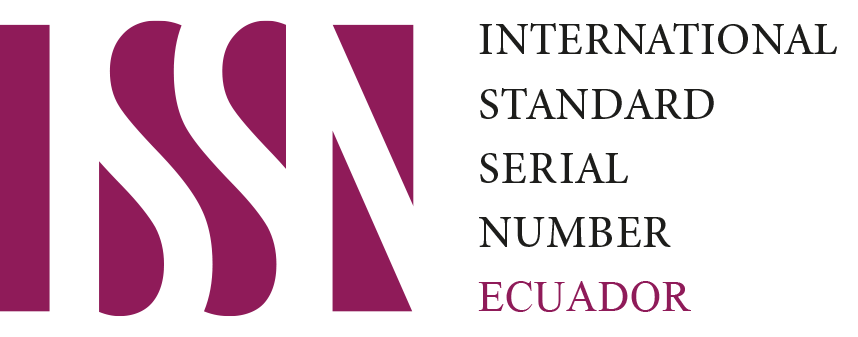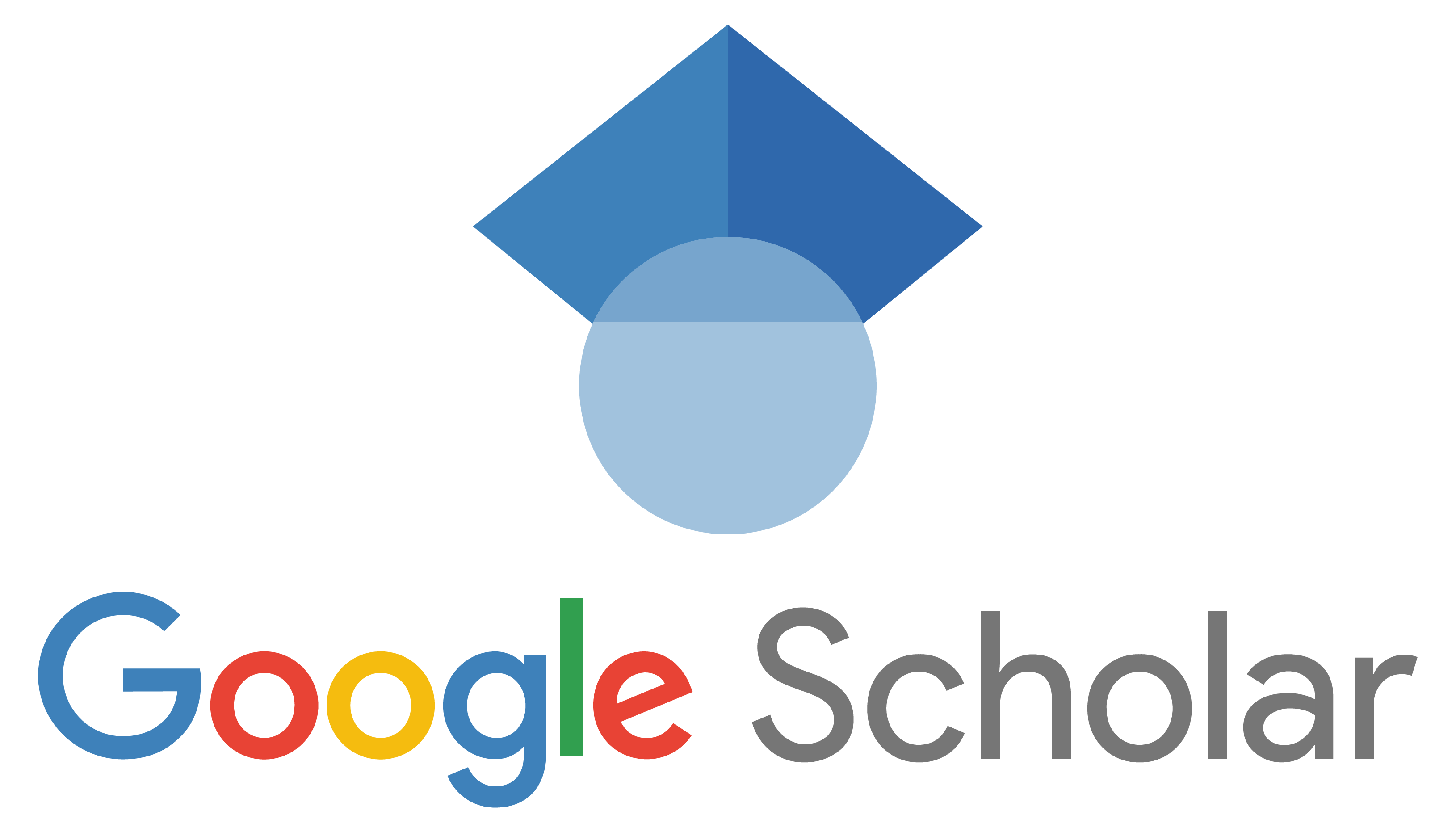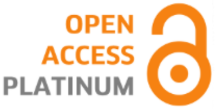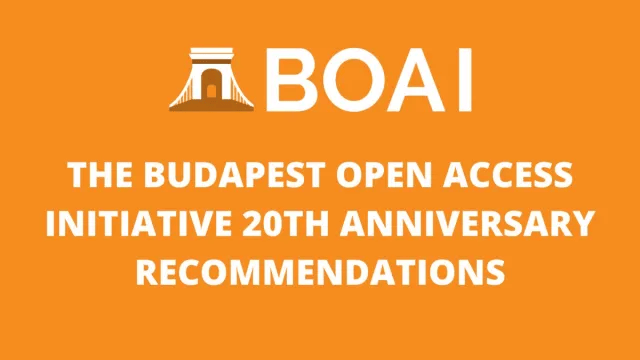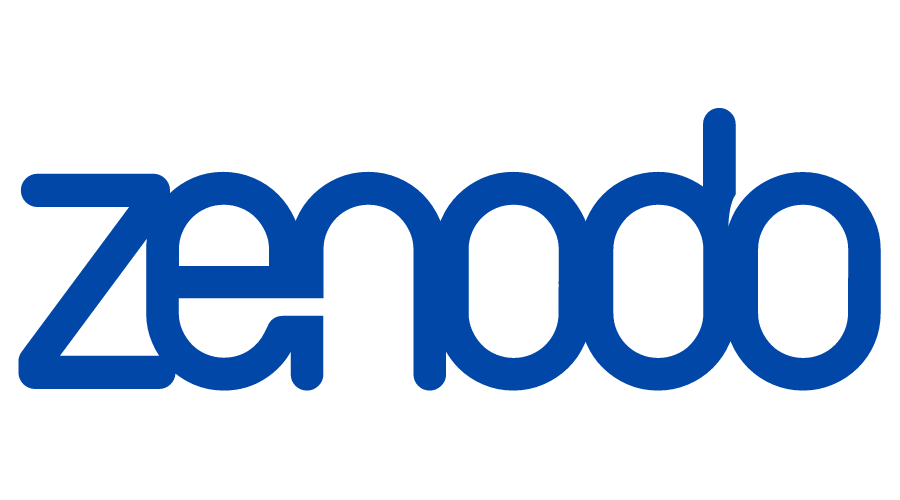Public Knowledge Management: Myth or Sustainable Innovation?
DOI:
https://doi.org/10.5281/zenodo.16750065Keywords:
gestión del conocimiento, sector público, innovación, cultura organizacional, sostenibilidadAbstract
This study critically examined the viability of knowledge management in the public sector as a sustainable innovation, versus the possibility that it may constitute an administrative myth with no concrete effects. A qualitative study was conducted, incorporating a systematic review of indexed academic literature and a comparative analysis of five relevant case studies from Uruguay, Colombia, Spain, Brazil, and Sweden. The goal was to identify the institutional, technological, cultural, and organizational conditions that determine the effectiveness of these strategies in state contexts. Based on an analytical matrix constructed with five key dimensions — institutionalization, technological capabilities, organizational culture, human talent participation, and sustainability-based evaluation —the cases were classified into three types: sustainable models, fragmented models, and symbolic models. The results showed that the most successful experiences occurred in countries with stable regulatory frameworks, committed political leadership, interoperable technological infrastructure, and an institutional culture oriented toward collective learning. In contrast, in contexts where reforms were implemented through imitation without support structures or continuity, knowledge management operated as a ritual practice with no transformative impact. It was concluded that for this tool to become a proper mechanism for innovation in public management, it must be integrated into state policy, accompanied by resources, evaluation mechanisms, and a strategic vision that values institutional knowledge as a central asset of democratic governance and the generation of public value.
Downloads
References
AGESIC. (2023, mayo). Memoria anual 2022. Agencia de Gobierno Electrónico y Sociedad de la Información y del Conocimiento. https://www.gub.uy/agencia-gobierno-electronico-sociedad-informacion-conocimiento/sites/agencia-gobierno-electronico-sociedad-informacion-conocimiento/files/2023-05/Memoria%20anual%202022.pdf
Borins, S. (2014). The persistence of innovation in government. Brookings Institution Press. https://www.jstor.org/stable/10.7864/j.ctt6wpcpq
Brunsson, N., & Olsen, J. P. (2018). The reforming organization: Making sense of administrative change (Routledge Library Editions: Management). Routledge. https://doi.org/10.4324/9781351252188
Cavalcante, P. L. C. (2019). Knowledge management in the public sector: An analysis of initiatives in Brazilian federal government. Revista de Administração Pública, 53(1), 112–134. https://www.researchgate.net/publication/379985961_Knowledge_Management_in_the_Public_Sector_Maturity_Levels_of_Federal_Government_Organizations_in_Brazil_In_Moffett_S_Galbraith_B_eds_Proceedings_17th_European_Conference_on_Knowledge_Management_ECKM_2
Cortés Abad, Ó. (2022). La variable política en la institucionalización de las redes sociales en la Administración: El caso de la comunicación ministerial en España. Revista del CLAD Reforma y Democracia, (84), 213–244. https://doi.org/10.69733/clad.ryd.n84.a287
Denzin, N. K., & Lincoln, Y. S. (Eds.). (2018). The SAGE handbook of qualitative research (5ª ed.). SAGE Pu blications. https://us.sagepub.com/en-us/nam/the-sage-handbook-of-qualitative-research/book242504
DiMaggio, P. J., & Powell, W. W. (1983). The iron cage revisited: Institutional isomorphism and collective rationality in organizational fields. American Sociological Review, 48(2), 147–160. https://doi.org/10.2307/2095101
Dunleavy, P., Margetts, H., Bastow, S., & Tinkler, J. (2006). Digital era governance: IT corporations, the state, and e-government. Oxford University Press. https://academic.oup.com/book/6227
Gil-García, J. R., Luna-Reyes, L. F., & Dawes, S. S. (2020). Digital government and public management research: Finding the crossroads. Public Management Review, 22(3), 397–415. https://doi.org/10.1080/14719037.201 7.1327181
Hartley, J. (2021). Innovation in governance and public services: Past and present. Public Money & Management, 41(1), 5–12. https://doi.org/10.1111/j.14679302.2005.00447.x
Instituto Nacional de Salud. (2022). Gestión del conocimiento y formación del talento humano en salud pública. https://www.ins.gov.co/conocenos/plataforma-estrat%C3%A9gica
Meyer, J. W., & Rowan, B. (1977). Institutionalized organizations: Formal structure as myth and ceremony. American Journal of Sociology, 83(2), 340–363. https://doi.org/10.1086/226550
Nonaka, I., & Takeuchi, H. (1995). The knowledge-creating company: How Japanese companies create the dynamics of innovation. Oxford University Press.
Organisation for Economic Co-operation and Development. (2021). Public sector innovation: Towards a new policy framework. https://www.oecd.org/gov/public-sector-in novation.htm
OECD/CAF. (2023). Digital government review of Latin America and the Caribbean: Building inclusive and responsive public services (OECD Digital Government Studies). OECD Publishing. https://doi.org/10.1787/29f32e64-en
Osborne, S. P. (Ed.). (2006). The new public governance? Routledge. https://doi.org/10.4324/9780203861684
Pollitt, C., & Bouckaert, G. (2017). Public management reform: A comparative analysis – Into the age of austerity (4ª ed.). Oxford University Press. https://doi.org/10.1093/acprof:oso/9780198795187.001.0001
Ragin, C. C. (1987). The comparative method: Moving beyond qualitative and quantitative strategies. University of California Press. https://www.jstor.org/sta ble/10.1525/j.ctt1pnx57
Timmermans, S., & Tavory, I. (2012). Theory construction in qualitative research: From grounded theory to abductive analysis. Sociological Theory, 30(3), 167–186. https://doi.org/10.1177/0735275112457914
Wiig, K. M. (2002). Knowledge management in public administration. Journal of Knowledge Management, 6(3), 224–239. https://doi.org/10.1108/13673270210434331 Zárate, A. (2021). Gestión del conocimiento en el sector público: Retos y oportunidades. Revista Iberoamericana de Gestión Pública, 8(2), 54–71. https://www.revistaiberoamericana.org/index.php/es/article/down load/89/197
Published
Data Availability Statement
All content published in the Journal of Management and Human Resources is available under the Creative Commons Attribution-NonCommercial-ShareAlike (CC BY-NC-SA 4.0) license. This allows for the reading, downloading, distribution, and citation of articles in any medium or format, as long as it is not for commercial purposes and appropriate credit is given to the authors.
Issue
Section
License
Copyright (c) 2025 Verónica Vargas, Loyola Guadalupe García (Author)

This work is licensed under a Creative Commons Attribution-NonCommercial-ShareAlike 4.0 International License.








